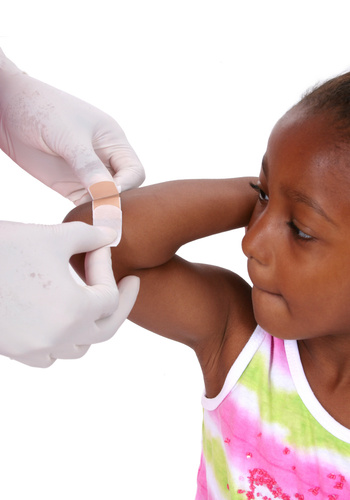Meningitis
What isMeningitis?
Prevention of meningitis
The most effective way to prevent meningitis is through vaccination. Vaccination provides long-lasting protection.
Meningitis can affect anyone, but certain groups are more at risk.
Age
Babies and young children have a higher risk of developing meningitis because their immune systems are not fully developed.
Teenagers and young adults are more likely to carry these bacteria and are also more likely to spread them to others. The risk of disease is greatest in first-year university students living in shared
Environment
Some environmental factors such as being exposed to cigarette smoke or living in poorly ventilated, crowded conditions can increase the risk of meningitis.
Close contact
Close, prolonged contact with an infected person, or living with a carrier, can increase the risk of the disease. The average incubation period is four days but can range between two and 10 days.
Signs and symptoms of meningitis
Early signs and symptoms of meningitis include
- Fever
- Headache
- Vomiting
- Diarrhoea
- Muscle pain
- Stomach cramps
- A fever with cold hands and feet
Common signs and symptoms of meningitis
- Fever with cold hands and feet
- Vomiting
- Drowsy or difficult to wake
- Confusion and irritability
- Severe muscle pain
- Pale blotchy skin, spots or rash
- Severe headache
- Stiff neck
- Dislike bright lights
- Convulsions or seizures
Treatment for bacterial meningitis
- Urgent admission to hospital and treatment with intravenous antibiotics is needed.
- Other treatments, procedures and investigations will be done during their hospital stay, depending on the patient’s condition.
- One of the main procedures to check if someone has meningitis is a lumber puncture.
- Other treatments may include intravenous fluids (fluids given via a drip to prevent dehydration), anti-sickness medication and painkillers.
- In some cases, steroid medication may be given to help reduce any swelling around the brain.


Treatment for viral meningitis
- There is no specific treatment for most cases of viral meningitis.
- Antibiotics are not effective against viruses. However, in some instances, antibiotics may be started on admission to hospital because the cause of meningitis is unknown.
- Antibiotics are usually discontinued if viral meningitis is confirmed.
- Once doctors have confirmed it is viral meningitis and the patient’s condition is stable, they may discharge the patient from hospital.
- Patients need hydration with fluids, painkillers and allowed to rest to recover.
